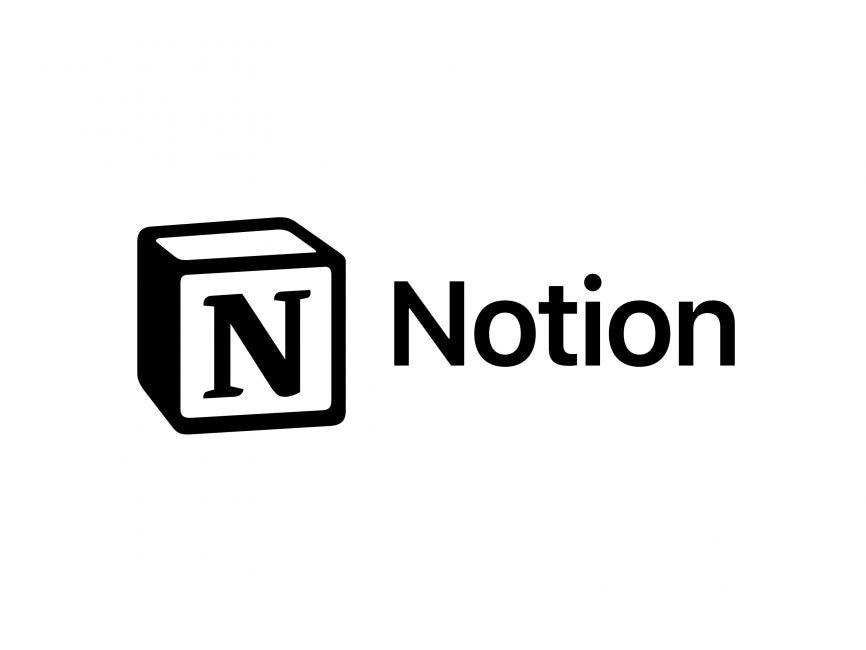Want to start a remote-first company in 2024? Here’s our operations software stack:
We have a globally distributed team working across 5 countries, and with a timezone difference of 12 hours. We rarely are able to get the whole team on one zoom meeting, but we’ve delivered products, won clients and closed deals. So we are going to share a few of our battle hardened thoughts.
We’ve had to learn all of this the hard way. It’s taken us quite a lot of time, through trial and error, to come up with this stack, and we’ve chosen the best in class app for this specific need. I’ll go through each area of our company and explain how we use the specific tool for this part
Here’s a breakdown:
Notion
Linear
Slack
Zoom + Closer (Closer is our own meeting assistant)
Theory:
This table reflects how we treat each tool.
In this table, we split between communications and company organization (which could include process, projects, tasks etc.). On the other axis, unstructured vs structured. You can also think of it as timeliness vs organization
This cycle presents a very simple flow of how information tends to flow in the company. Starting out as a conversation or a comment in Slack, to a more focused meeting in Zoom, to a few issues on Linear and finally to a document on Notion.
Discussions:
A lot of folks mistake remote team for no meetings. That’s incorrect. In our experience, it actually means more regular and focused meetings because you don’t have the water cooler talk. But I think remote team means being able to do meetings from the comfort of your PJ pants.
The regular meetings we have are standups and retros and townhalls on Zoom. We have meeting templates for every type of meeting stored in Notion. Standups are for daily quick status checkins. Retros are for function-specific deep dives. Townhalls are for company-wide sync ups
Notion is where we keep all meeting notes. Meeting notes are filled out before meetings not during, so that they are maximally informational for participants. This is a tip from Amazon. However, we do record meetings for anybody to reference.
Processes:
All processes are discussed and written up by the person who will execute them.
Processes are first defined in Notion and then executed in Linear as templated issues.
Two rules that we follow when writing out Linear templated issues.
No templates should have more than one nested level, because templates with one nested level also provide a simple visual representation of the progress
No template issue should have more than 12 sub-issue. The purpose of a template is to make sure folks follow best practices, and don’t forget stuff. People on average can only keep 7 things in their working memory at any one time, so more than 12, you are going to start forgetting
Tasks/Projects:
All tasks and projects are kept track of on Linear
Projects and their objectives are defined in Notion and then executed in Linear as issues. Use templates if they are standardized tasks
We have one team for each function. We use varying combinations of labels, estimates, cycles.
Most importantly, we define one view for each team that everyone has to check. I’ll talk about it a bit more in a second
Checkins/Communications:
This is probably the most controversial part but the most important part for us.
Slack is the adhoc communication platform. In general, I’ve found that the frequency of messages on a specific channel (i.e. specific project) goes down after we have established the process for it on Linear
One of the things we sincerely believe in is video checkins. At the end of a day, send in a 30s snippet of what you’ve done and any obstacles you’ve faced
Automated-notifications: we have many automated notifications from Notion docs into our Slack. These function slightly as audit trials so we know what things have happened. We mute them most of the time, but one or two of them have always proven helpful in a particular moment.



